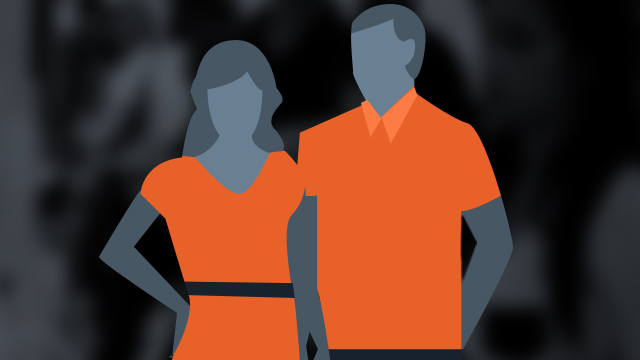SUMMARY
This is AI generated summarization, which may have errors. For context, always refer to the full article.

MANILA, Philippines – A group of lawmakers filed on Wednesday, November 11, a bill seeking to remove the strict dress code for clients in government agencies.
By doing so, House Bill Number 6286 or the Open Door Policy Act aims to make government service more accessible to citizens.
“All government institutions with frontline service offices shall be barred from implementing strict dress code that prevent citizens, especially those belonging to marginalized sectors, from making inquiries or undertaking simple transactions,” the bill said.
It was filed by representatives Kaka Bag-ao (Dinagat Islands), Leni Robredo (Camarines Sur), Bolet Banal (Quezon City), and Teddy Baguilat (Ifugao).
According to Bag-ao, “professionalism isn’t in what citizens wear when they avail of services that they should rightfully enjoy. It’s in how government officers and employees treat the people whom we serve.”
She also believes that profiling individuals based on what they wear is a form of discrimination based on socio-economic status.
Government offices usually require citizens to be in “proper attire” – such as shoes, pants, and polo shirts – when entering their premises or transacting frontline services.
But as Baguilat noted, “There are citizens who cannot afford to buy clothing and footwear that follow stringent rules and regulations.”
“They are Filipinos who often belong to marginalized sectors of society – farmers, fisherfolk, urban poor, and indigenous peoples – they are Filipinos who should be given due priority by government,” he stressed.
HB 6286 also seeks to lift the dress code required when attending public meetings and hearings conducted by government agencies. These include legislative bodies, such as the Senate and the House of Representatives, which open sessions to the public for observation or participation.
Prohibiting them to enter public offices on the basis of their attire denies them of the “right to acquire services from the government and the right to observe or participate in meetings that tackle matters that affect their welfare,” Robredo said.
Banal said that, when enacted, the Open Door Act will address the daily “injustices we fail to notice.” – Rappler.com
Add a comment
How does this make you feel?
There are no comments yet. Add your comment to start the conversation.